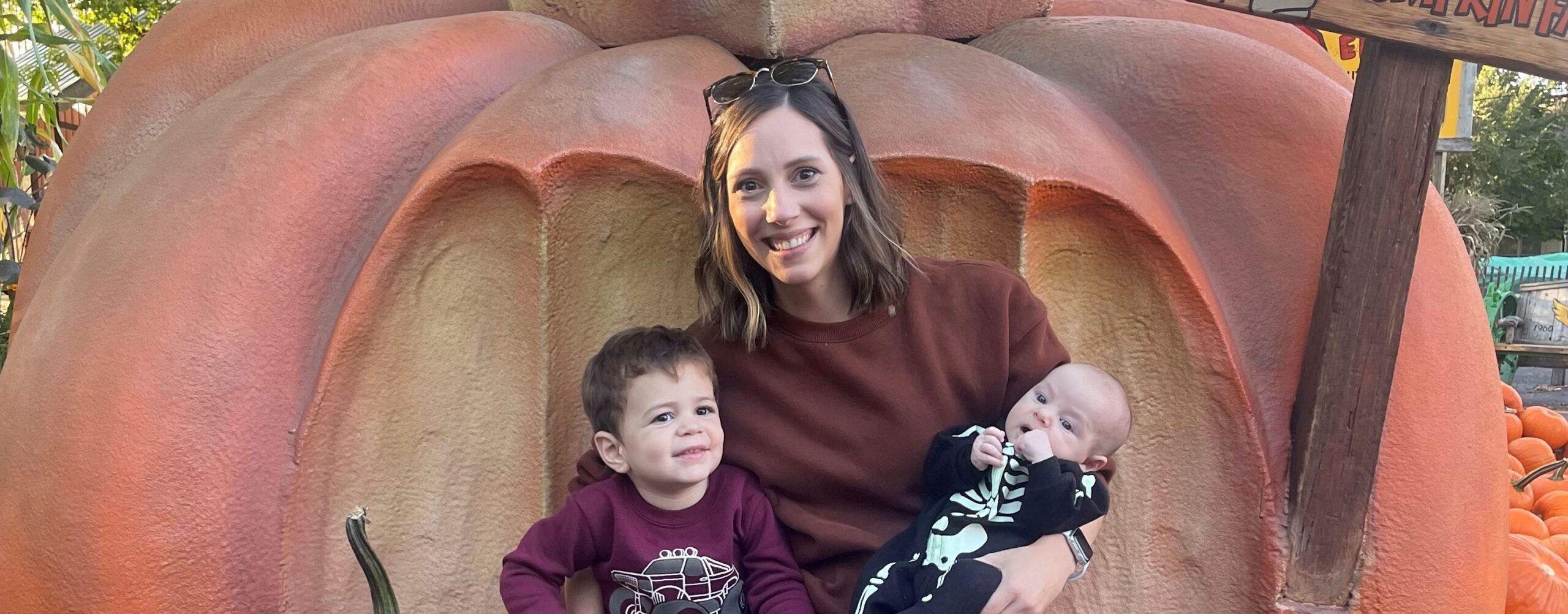As a parent, it’s natural to want your child to be happy, healthy, and thriving. However, there are times when children experience emotional or behavioral challenges that can affect their overall well-being. In these situations, it may be necessary to seek professional help through child mental health therapy. In this blog, we’ll explore when to seek help and who to turn to when you need support.
When to Seek Child Mental Health Therapy
It can be challenging to know when your child’s behavior is just a phase or when it’s indicative of a larger mental health issue. However, there are some signs that may indicate your child needs professional help. Some common indicators include:
- Persistent feelings of sadness or hopelessness
- Withdrawal from friends and family
- Difficulty sleeping or changes in appetite
- Difficulty concentrating or paying attention
- Increased irritability or aggression
- Self-harm or suicidal thoughts
- Significant changes in academic performance
If you notice any of these signs in your child, it’s essential to take action and seek professional help. Mental health issues can impact a child’s development and future success, so early intervention is crucial.
Who to Turn to for Child Mental Health Therapy
Once you’ve recognized the signs that your child may need help, the next step is to find the right professional to provide support. There are several options available, including child therapists, psychologists, and psychiatrists. Here’s a closer look at each option:
Child Therapists: Child therapists are licensed mental health professionals who specialize in working with children. They provide a safe and supportive environment where children can express their thoughts and emotions. Child therapists may use a variety of techniques, including play therapy, art therapy, and cognitive-behavioral therapy, to help children work through their challenges.
Psychologists: Psychologists are mental health professionals who have a doctoral degree in psychology. They may provide therapy services, but they also conduct research and provide assessments to diagnose mental health disorders. Psychologists may work with children who have more severe mental health conditions or who require a higher level of care than what a child therapist can provide.
Psychiatrists: Psychiatrists are medical doctors who specialize in mental health. They can provide therapy services, but they also have the ability to prescribe medication to help manage mental health conditions. Psychiatrists may work with children who have severe or complex mental health disorders that require medication management.
It’s essential to consider your child’s unique needs when choosing a mental health professional. For example, if your child has a specific diagnosis, such as ADHD or autism, you may want to seek out a professional with expertise in that area. Additionally, you should feel comfortable and confident in the mental health professional you choose to work with.
Where to Find Child Mental Health Therapy
There are several places you can turn to when seeking child mental health therapy. Here are a few options:
Private Practice: Many mental health professionals have private practices (e.g., Ace Counseling Group) where they provide therapy services. You can search online for child therapists, LCPCs, LCSWs, psychologists, or psychiatrists in your area and reach out to see if they have availability.
School-Based Services: Some schools offer mental health services to students, either on-site or through referrals to community providers. This can be a convenient option for families, as it eliminates the need for transportation and may be covered by insurance.
Community Mental Health Centers: Community mental health centers provide a range of mental health services to children and families.
Seeking professional help through child mental health therapy can be a crucial step in supporting your child’s emotional and behavioral well-being. By recognizing the signs that your child may need help and understanding the different types of professionals available, you can make an informed decision about who to turn to for support. Whether you choose to work with a child therapist, psychologist, or psychiatrist, the most important thing is to take action and seek help when your child needs it. With the right support, your child can overcome their challenges and thrive.



